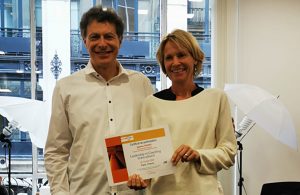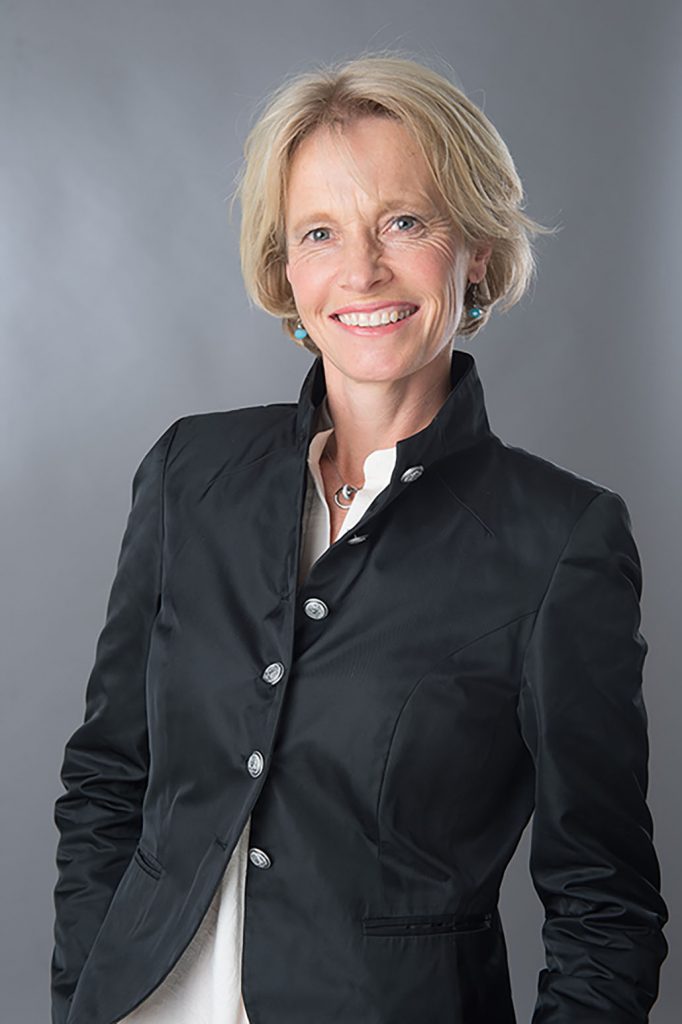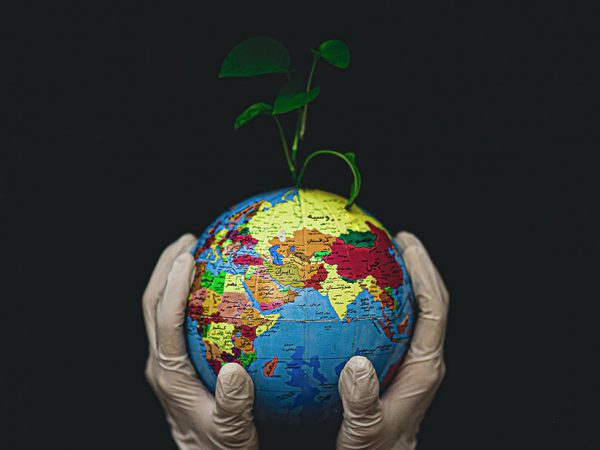Do you have time to think about the culture within your organization and does it matter at a time like this? If I would ask you to tell me now if the culture within your organization matters much to you at the moment, what would your initial answer be? I would be very interested to know if your answer changes after reading this article! Please drop me a note in the comment box.
Inter-cultural coaching.

Just before the confinement, I followed the Masterclass “Inter–cultural &Global coaching” by Phillippe Rosinski. As I took, the train back home from Paris to Lyon, the lock-down was announced here in France. And Like for so many of us, this was a start of a period which brought emotions of confusion and fear but also of gratefulness andreflection.
With Phillippe Rosinski’s Masterclass in mind, I started to wonder what the shift to home working and virtual teams means for the cultures within organizations and teams. And what will the impact be as we move to a more permanent virtual team structure within our organizations. But how do we connect? How do we align? Or, how do we experience a feeling of belonging when we work mostly remote and do not have as much face to face interaction with our colleagues? Who is responsible for the culture within our organizations and within our teams?
The definition of culture.

Photo by Gaelle Marcel on Unsplash
So, let’s look at the definition of culture according Phillipe Rosinski! “A group culture is a set of behaviors and values that are specific for each group and thatseparate the members from any other group.” When we think about culture, we tend to think of our nationality and how our cultural background influences our behavior.
« She is Dutch, so her communication style is likely to be very direct but sober » or « He is Italian so you can expect a more emotional and expressive communication style ». But if we look at the definition of culture, a culture exists as soon as a group of people show a set of characteristics which is different from another group.
This means that culture plays a role, within all levels of our communities. An organization will have a defined culture. Within that organization, departments will have a different culture and teams will have their specific culture as well.
What is the relation between culture & behavior?

Photo by MARK ADRIANE on Unsplash
So, if a group culture is a set of behaviors and values which are specific for each group that you belong to, it means that a group culture is dynamic and influenced by what happens around us. And this is why it is important to think about culture at a time like this.
Because at a time of disruption and change, like we are experiencing now, the cultures within teams and organizations change too. And as the culture in your specific team might shift, there are some important questions to ask yourselves.
- How aware are we, as a team, that our team culture is changing?
- Does every team member feel connected to the team? Are we changing together or are we drifting apart?
- Are the teams with whom we interact changing? And, what does that mean for the interaction between our teams?
- How do we, as a team, connect when we are working remote?
From individual to team.

Photo by Riccardo Annandale on Unsplash
When thinking about these questions, here’s the most important aspect. The team culture is created by and is a result of the dynamics of the team. It is not the team leader who creates a team culture. The team culture is created by the set of characteristics of all members of the group.
And here lays the opportunity and responsibility of each individual. Because as the team dynamics naturally shift during a time of change, there is an opportunity for everyone to actively and deliberately contribute to a positive culture within your team. And if that happens, team culture becomes a strength as the collective of our differences makes creative and resilient teams.
I have learned a lot from Phillipe Rosinski’s Masterclass. And I am proud to be part of his Global Coaching Community. If you would like to know more about how inter-cultural coaching? And howcan help your teams become more resilient, more innovative and fit for the future, please contact me through my website at www.leader-keys.com.
#performancemanagement #virtualteams #crisismanagement #leadership #leaderkeys #HRmanagement #HRconsulting #HRcoaching #PhilippeRosinski #interculturalcoaching

Your international HR consultant !

For 13 years, Madelien worked in the financial services industry. And she did as a Human Resources Director for the EMEA region – Europe, Middle East & Africa. During this time, she served on several Regional Executive Committees and Management Boards. She designed & implemented leadership transformation programs across 35 counties. And has extended, hands-on experience with large, multi-country mergers & acquisitions. In her strategic leadership roles, she managed vast international and remote teams.
She has specialised in conflict management in the US & started her career as an employment lawyer in the Netherlands. As a HR coach & consultant, she has a good understanding of why and when organisations and leaders seek support. And how to be a valuable business partner.
Madelien is part of the international executive coaching firm PRAESTA and subscribes to its philosophy and deontology. If you want to know more about how to start, guide and finish an accountability. Or talk about performance management in a virtual world, please contact me directly at :
LEADERKEYS — Madelien PERRIER — Tél. +33 (0)7 86 09 89 66 — perrier@leader-keys.com – www.leader-keys.com.


